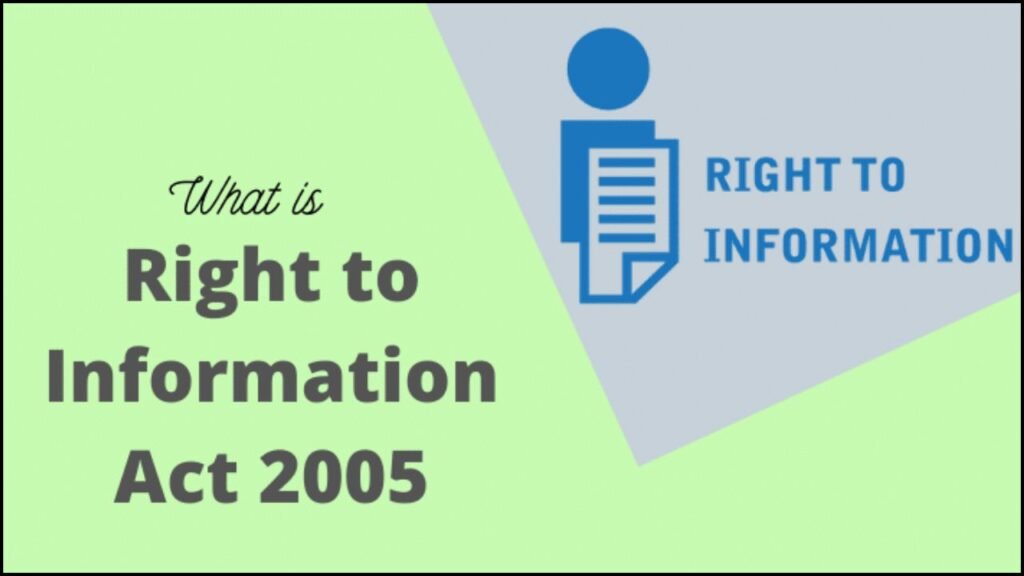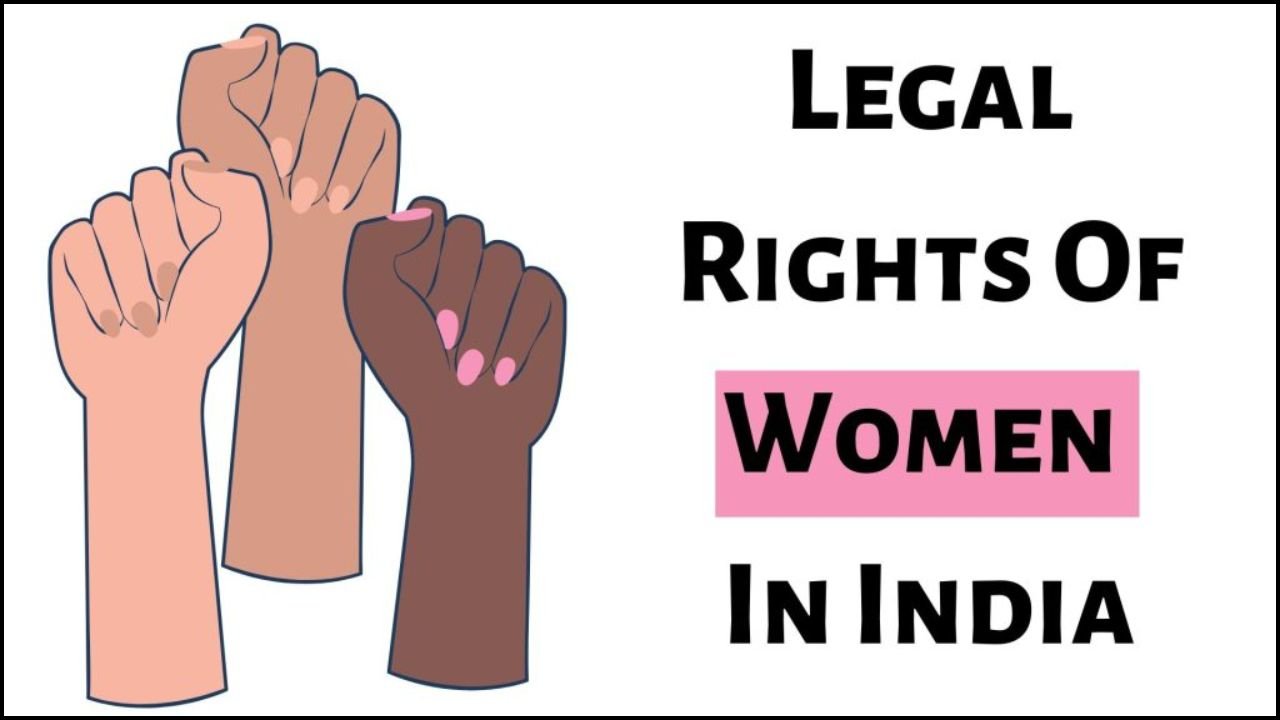
The Right to Information Act, 2005, is a law passed by the Indian Parliament that allows citizens to access information from the government. It came into force on October 12, 2005, with the goal of promoting transparency and accountability. The law empowers every Indian citizen to ask for information from public authorities, like government departments, and receive a reply within a set time frame.
Table of Contents
How Does the RTI Act Help Citizens?
Before this law existed, getting information from the government was very difficult. With the RTI Act, people can now ask questions about how government money is spent, how decisions are made, or why a certain policy was introduced. It has become a powerful tool to fight corruption and promote good governance.
For example, someone can file an RTI application to ask why a road in their neighborhood hasn’t been repaired, or how much money was spent on a local government project. This law gives people the power to hold the government accountable.
Key Features of the RTI Act
The RTI Act has several important parts that make it work:
- Every citizen has the right to request information from any public authority.
- Officers must respond within 30 days, or 48 hours if the matter is urgent (such as a threat to life or liberty).
- No one needs to give a reason for requesting the information.
- Public authorities must publish key information regularly, so people don’t always have to file RTI requests.
- Information can be denied only for specific reasons, like national security or personal privacy.
The law also created Public Information Officers (PIOs) in each department who are responsible for handling requests.
The Role of the Central Information Commission
To handle appeals and complaints, the Central Information Commission (CIC) was set up. It consists of a Chief Information Commissioner and up to ten other commissioners. These officials are appointed by the President of India based on recommendations from a high-level committee.
The CIC looks into cases where people didn’t get the information they asked for or where a department failed to follow the rules. It has powers similar to a civil court, like summoning people or requiring documents.
Challenges Faced by the RTI System
While the RTI Act has helped millions of people, it is not without problems:
- Many positions in information commissions remain vacant, causing delays in resolving appeals.
- Some government departments ignore or delay replies, making the process frustrating for users.
- People using RTI sometimes face threats or attacks. According to data, nearly 100 RTI users have been killed, and thousands have faced harassment.
Even though the law is strong on paper, poor enforcement makes it difficult for many citizens to get the answers they need.
What Changed in the RTI Law Recently?
In 2019 and 2023, changes were made that many experts say have weakened the law:
- The government now decides the salary and term length of information commissioners, which reduces their independence.
- The Digital Personal Data Protection Act, 2023, changed the RTI Act to exclude all personal information from being disclosed, even when public interest is involved.
- A rule giving ordinary citizens the same right to information as MPs and MLAs was removed.
These changes limit the ability of people to question the government, especially when it comes to personal data or holding powerful figures accountable.
Why the RTI Act Still Matters
Despite the challenges, the Right to Information Act, 2005 remains a vital law in India. Every year, around 6 million RTI applications are filed. These help uncover corruption, prevent misuse of power, and make sure government programs are working as they should.
It also empowers people from all walks of life, students, activists, journalists, and ordinary citizens, to ask important questions and demand answers.
Final Thoughts
The Right to Information Act was created to strengthen democracy and empower citizens. It changed the way people interact with their government by promoting openness and reducing secrecy. However, recent amendments and weak implementation threaten the spirit of this powerful law.
If the RTI Act continues to be diluted, it won’t just affect transparency, it will hurt the very foundation of a healthy democracy. Protecting this law means protecting every citizen’s right to know and participate fully in how their country is run.





